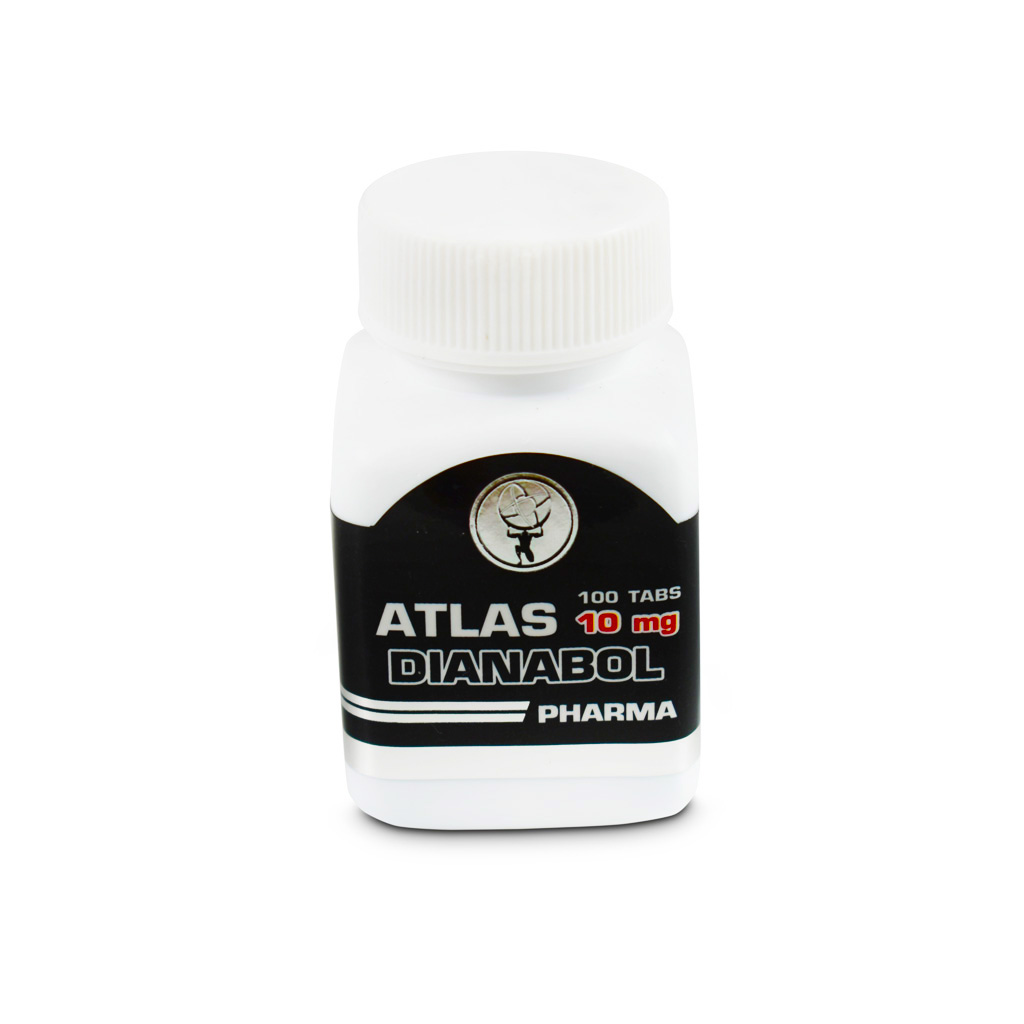Dianabol is an antiprotozoal and antibacterial broad spectrum of action. Not sensitive to metronidazole aerobic microorganisms and facultative anaerobes, but in the presence of mixed flora (aerobes and anaerobes) metronidazole acts synergistically with antibiotics effective against conventional aerobes.
The drug has a high penetrating power, achieving bactericidal concentrations in most tissues and body fluids, including the lungs, kidneys, liver, skin, spinal fluid, brain, bile, saliva, amniotic fluid, oral abscesses, vaginal secretions, semen, breast milk . Binding to blood proteins weak and does not exceed 10-20%. In normal bile concentration of metronidazole in bile after intravenous administration can significantly exceed the concentration in the blood plasma metronidazole dianabol results.
In patients with impaired renal function after repeated administration of the drug can be observed accumulation of metronidazole in blood serum. Therefore, in patients with severe renal insufficiency receiving frequency of metronidazole should be reduced.
Indications
Metronidazole Injection is recommended for the treatment of infections caused by susceptible to malaria infections:
- prevention and treatment of anaerobic infections in surgical interventions, mainly in the abdominal cavity and mochevshodyaschih ways;
- Combination therapy of severe mixed aerobic-anaerobic infections;
- severe intestinal and hepatic amoebiasis;
- sepsis;
- peritonitis;
- osteomyelitis;
- gynecological infections;
- pelvic abscesses and brain;
- abscessed pneumonia;
- gas gangrene;
- infections of skin and soft tissues, bones and joints.Contraindications
- hypersensitivity to metronidazole or other nitroimidazole derivatives;
- organic CNS;
- blood diseases;
- 1 trimester of pregnancy;
- II and III trimesters of pregnancy – only for health reasons;
- nursing mothers – by prescription, while the termination of breastfeeding.Dosing and Administration
Intravenous Metronidazole is indicated in severe infections, as well as the absence of the possibility of ingestion of the drug.For adults and children over 12 years of single dose of 500 mg, the rate of intravenous continuous (jet) or drip – 5 ml per minute. The interval between injections – 8 hours. Duration of treatment is determined individually. The maximum daily dose – not more than 4 g As indicated, depending on the nature of infection, making the transition to maintenance therapy with oral metronidazole forms.Children under the age of 12 Metronidazole is administered 7.5 mg / kg of body weight in 3 divided doses at a rate of 5 ml per minute.
For the prevention of anaerobic infections before elective surgery on the pelvic organs and the urinary tract in adults and children over 12 years Metronidazole is administered in the form of infusions at a dose of 500-1000 mg, per day of surgery and on the following day -to dose of 1500 mg / day (500 mg every 8 hours).Dianabol intravenous infusion is not recommended to mix with other drugs!Interaction with other drugs
When using Metronidazole Injection interaction with other drugs slightly, but caution should be exercised with concomitant administration of some drugs: Warfarin and other indirect anticoagulants. Metronidazole increases the effects of anticoagulants, which leads to increased formation of prothrombin time. Disulfiram (esperal). Concomitant use may lead to the development of a variety of neurological symptoms, therefore should not be administered Metronidazole patients who have taken disulfiram within the last two weeks . cimetidine inhibits metabolism metronidazole, which may lead to an increase in its concentration in the serum and an increased risk of side effects. Co-administration of drugs that stimulate enzymes microsomal oxidation in liver(phenobarbital, phenytoin) may accelerate the elimination of metronidazole, resulting in lowered concentration in plasma. Patients receiving long-term treatment with drugs lithium at high doses when taking Metronidazole may increase the concentration of lithium in the blood plasma, and development of intoxication symptoms. The antimicrobial activity of metronidazole is enhanced in combination with sulphonamides and antibiotics.Side effects: the part of the gastrointestinal tract: nausea, vomiting, diarrhea, lack of appetite, unpleasant metallic taste in the mouth, epigastric pain, the part of the central nervous system: long-term use – headache, dizziness, irritability, depression, dianabol insomnia. weakness; in some cases – confusion, hallucinations, convulsions; With the genitourinary system: a burning sensation in the urethra, excessive development of fungal vaginal flora (candidiasis) Dermatological reactions: allergic reactions (skin rash, pruritus, urticaria), the part of the musculoskeletal arthralgia apparatus; From the hematopoietic system: . leukopenia while receiving metronidazole may experience a red-brown staining of urine.
Warfarin and other indirect anticoagulants. Metronidazole increases the effects of anticoagulants, which leads to increased formation of prothrombin time. Disulfiram (esperal). Concomitant use may lead to the development of a variety of neurological symptoms, therefore should not be administered Metronidazole patients who have taken disulfiram within the last two weeks . cimetidine inhibits metabolism metronidazole, which may lead to an increase in its concentration in the serum and an increased risk of side effects. Co-administration of drugs that stimulate enzymes microsomal oxidation in liver(phenobarbital, phenytoin) may accelerate the elimination of metronidazole, resulting in lowered concentration in plasma. Patients receiving long-term treatment with drugs lithium at high doses when taking Metronidazole may increase the concentration of lithium in the blood plasma, and development of intoxication symptoms. The antimicrobial activity of metronidazole is enhanced in combination with sulphonamides and antibiotics.Side effects: the part of the gastrointestinal tract: nausea, vomiting, diarrhea, lack of appetite, unpleasant metallic taste in the mouth, epigastric pain, the part of the central nervous system: long-term use – headache, dizziness, irritability, depression, dianabol insomnia. weakness; in some cases – confusion, hallucinations, convulsions; With the genitourinary system: a burning sensation in the urethra, excessive development of fungal vaginal flora (candidiasis) Dermatological reactions: allergic reactions (skin rash, pruritus, urticaria), the part of the musculoskeletal arthralgia apparatus; From the hematopoietic system: . leukopenia while receiving metronidazole may experience a red-brown staining of urine.

arnold bodybuilder tramadol 100mg female bodybuilding diet plan
